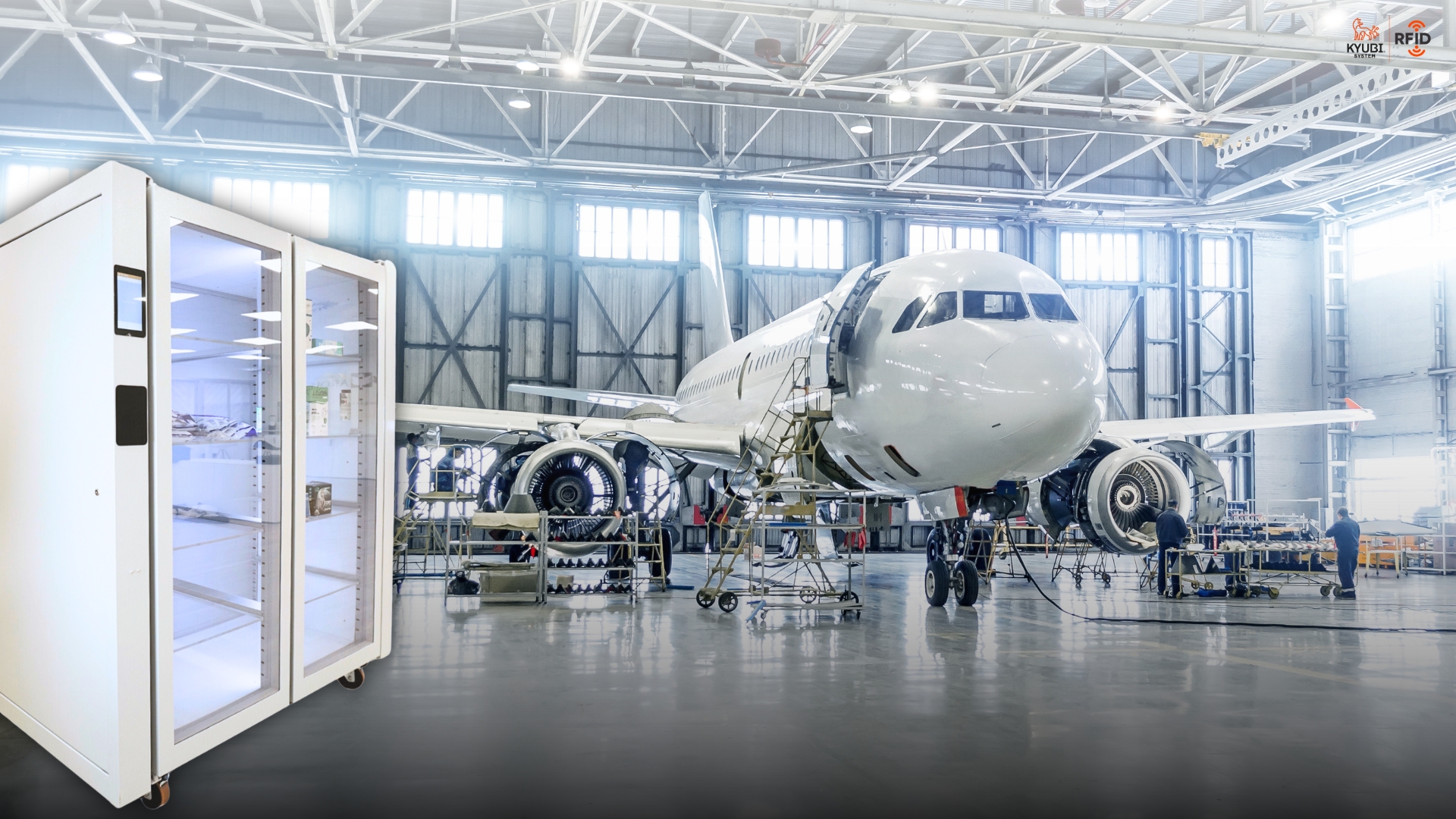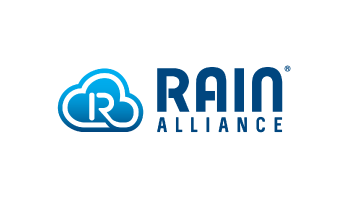
Kyubi System © is a business unit of Comercial Arqué S.A specialized in RFID technology.
T (34) 932 615 300
Email: info@kyubisystem.com
Kyubi System ©
Carretera del Mig, 54. Hospitalet de Llobregat, BARCELONA

Sectors in Logistics Using RFID





Complete traceability from source to point of sale. Batch control, reduction of waste, and compliance with international food regulations.

Optimize industrial processes with automatic traceability and ERP/MES synchronization. Greater control, security, and efficiency at every stage of production.

360° logistics control. Automatic identification, reduced loading times, and traceability throughout the supply chain.

Automated inventory, total stock visibility, and improved omnichannel shopping experience.

Control of materials, instruments, and textiles with maximum traceability and security. Compliance with hospital and regulatory standards.

Efficient management of access, accreditations, and cultural assets. Accurate and reliable control of visitors and objects.

Kyubi System RFID drives traceability in airports and air fleets: predictive maintenance, error-free baggage management, and control of critical materials with total precision.

Smart asset management and safe maintenance in energy environments. Kyubi System RFID ensures efficiency, traceability, and operational continuity.






